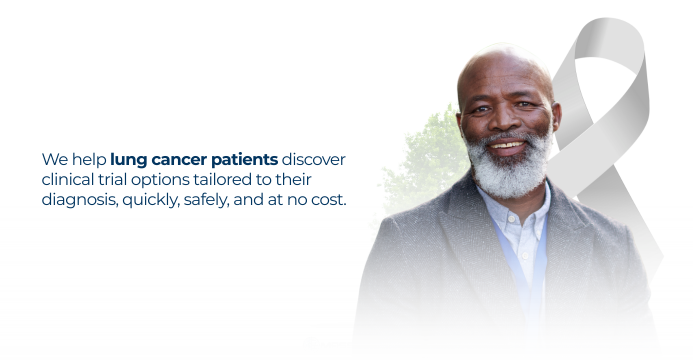Types
Lung cancer falls into two main groups. Non–Small Cell Lung Cancer (NSCLC) is the most common type and includes adenocarcinoma, squamous cell carcinoma, and large cell carcinoma. Small Cell Lung Cancer (SCLC) grows and spreads faster. Less commonly, lung carcinoid tumors occur. The type strongly guides the treatment plan.
Symptoms
Lung cancer may cause no symptoms at first. Common signs include a persistent or worsening cough, coughing up blood, shortness of breath, chest pain or tightness, hoarseness or wheezing, loss of appetite, unintentional weight loss, and fatigue. Seek medical evaluation if symptoms last longer than 2–3 weeks or rapidly worsen.
Causes
The strongest risk factor is smoking, including secondhand smoke. Other risks include radon exposure; asbestos, diesel exhaust, and certain industrial chemicals; family history and specific genetic changes; air pollution; and prior chest radiation therapy. Not everyone with risk factors develops cancer, but risk increases with cumulative exposure.
Treatments
Treatment is individualized based on cancer type, stage, molecular profile, and overall health. Surgery can be curative for some early-stage NSCLC. Radiation therapy—such as stereotactic body radiotherapy (SBRT)—may be used as an alternative or in addition to surgery. Systemic treatments include chemotherapy (especially for SCLC and advanced disease), targeted therapy for specific alterations (e.g., EGFR, ALK, ROS1, BRAF), and immunotherapy (PD-1/PD-L1 inhibitors), often in combination.
Support
Supportive care complements medical treatment at any stage. This includes palliative care to control symptoms such as pain, breathlessness, and fatigue; nutrition counseling and exercise/rehabilitation services; psychosocial support via counseling, support groups, and education for patients and caregivers; smoking cessation programs; and information about clinical trials and eligibility.
To enroll in clinical trial, you must meet highly specific criteria that’s established by the researchers who are conducting the investigation. That includes detailed information about type of cancer, treatment history, response to treatment, and other data that is collected in medical records.
If you are being treated for cancer or any other disease, your doctor should have a complete record of your medical care, including specific information about what form of the disease you have and what treatments you have received. Your patient relations coordinator will contact you and inform you about the details.
Massive Bio provides its services to the patients and their doctors at no cost—you won’t have to pay anything to receive a clinical-research matching report. There are no hidden costs involved.
Massive Bio strictly adheres to all HIPAA guidelines and international regulations focused on maintaining your privacy. We take extra measures to secure your personal information, ensuring it is protected beyond the mandatory requirements.
Your doctor may know of a clinical research study being conducted in your area that’s recruiting participants and is right for you. However, Massive Bio uses its artificial intelligence powered platform to match patients to clinical research studies that give you the best chance of a positive outcome and are being conducted in a geographical location that makes sense for you.
Yes, Massive Bio keeps your doctor up to date on your status throughout your participation.


